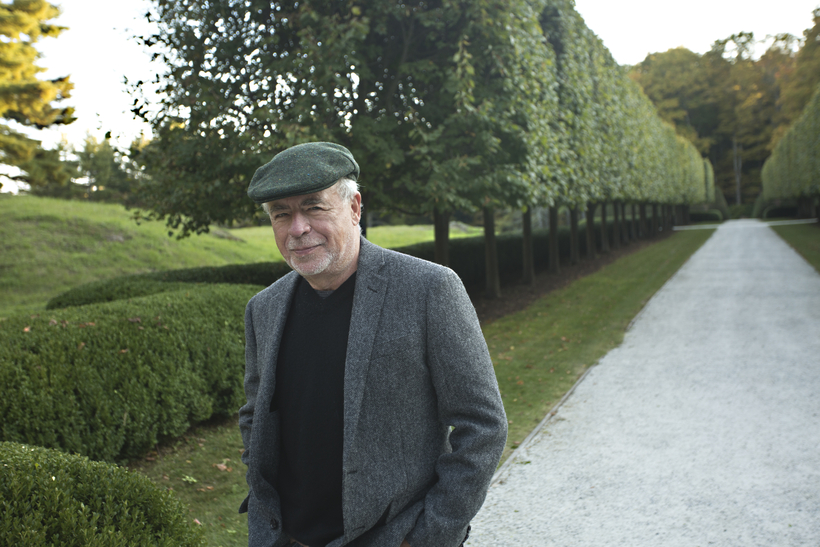Culture and history are rife with stories about bros in love with the same girl (e.g., Jim Harrison’s novella Legends of the Fall, the Yugoslavian film Hey Babu Riba, and the real-life rock-star triangle of George Harrison, Eric Clapton, and Patti Boyd—not to mention Jules and Jim), stories in which the young woman at the center is so magical and alluring that even the enduring bonds of male friendship can’t break her gravitational pull. The result is a circle jerk of competition, brotherhood, and longing that seemingly goes on forever.
In Pulitzer Prize winner Richard Russo’s Chances Are…, three 66-year-old BFFs—Lincoln, Teddy, and Mickey—are back on Martha’s Vineyard together for a boys’ weekend of sorts, staying at Lincoln’s family home, where around 44 years before they spent a few days after college graduation with Jacy, the girl who stole all their hearts. At Minerva, a moneyed New England liberal-arts college, the boys were “hashers” working their way through school in the kitchen of the snooty sorority where Jacy, a spirited, principled hippie from Greenwich, Connecticut, lived and tortured them with her beauty and her faraway fiancé. The four were inseparable before that fateful weekend, when Jacy disappeared, never to be seen or heard from again.


